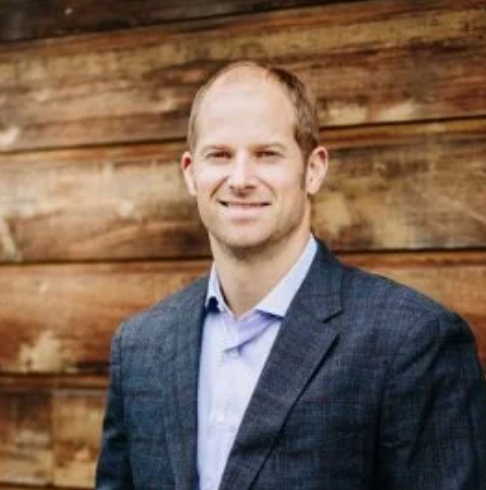“Should I keep renting or finally buy a home when I’m competing for a living?”
When you make your living chasing podiums, and building your brand, your home becomes more than just a place to sleep—it’s your recovery zone, equipment storage, and sometimes even your training studio. Yet many CrossFit athletes wonder whether it makes more sense to rent for flexibility or buy for stability and long-term gain.
Here’s a straightforward playbook to help you decide.
1. Flexibility
Why it matters: As an athlete, opportunities can arise anywhere. Maybe a new affiliate opens across the country, or you want to train with a partner in a different city. Renting gives you the freedom to pick up and move—no real-estate commissions, no long inspections, no waiting for buyers.
Think about it: If your training plan or income sources change frequently, locking yourself into a mortgage and selling timeline can become a liability rather than an asset.
2. Responsibility
Why it matters: When you rent, major maintenance tasks—yard work, snow removal, plumbing or HVAC repairs—fall to the landlord. That means fewer distractions when you should be focused on dialing in your technique or recovery routine.
Think about it: Each hour spent fixing a leaky faucet is an hour stolen from your rest, mobility work, or mental preparation for competition.
3. Equity Building
Why it matters: Owning a home forces you to save. A portion of each mortgage payment goes toward your principal balance, building equity—essentially an investment you can borrow against later for a garage rig upgrade, competition travel, or important future purchases.
Think about it: Compare it to a strength cycle: you invest effort now for compounded gains later. Over time, that equity becomes another source of financial stability and options.
4. Customization
Why it matters: If you’ve ever dreamed of a backyard pull-up rig, basement turf for sled pushes, or your own garage box, ownership is the way to go. Renters often face lease restrictions that prohibit drilling into walls, laying turf, or installing heavy equipment.
Think about it: Your home can become a fully personalized training space—no landlord approval needed—so you can train exactly how you want, whenever you want.
5. Hidden Costs
Why it matters: Buying isn’t just a mortgage payment. You also cover property taxes, homeowners insurance, and routine maintenance. A good rule of thumb is to budget at least 1% of your home’s value each year for upkeep—think roof repairs, appliance replacements, or yard maintenance.
Think about it: Factor these ongoing costs into your comparison. A cheap mortgage payment can become expensive if you’re hit with major repair bills.
Quick Number Check
Let’s run a simple comparison:
- Rent: $2,000 per month
- Mortgage (taxes & insurance included): $2,500 per month
That extra $500 monthly isn’t just a cost—it’s forced savings toward your future home equity. But ask yourself: could that $500 serve you better right now if it funded your training and recovery? Evaluate the potential return on investment (ROI) for each option against your current goals.
Rule of Thumb
- Stay for 3+ years? Buying usually pays off—much like sticking with a long-term training block.
- Need maximum mobility? Keep renting to stay nimble and responsive to new opportunities.
Making Your Decision
Treat this choice like programming a WOD. First, define your personal goals—both athletic and financial. Next, measure your key variables: housing costs, commute times, training community, and customization needs. Finally, choose the option that aligns with your performance priorities and long-term financial health.
Owning can offer stability, equity growth, and the freedom to build your ideal home gym. Renting provides agility, lower upfront costs, and relief from property headaches. There’s no universally “right” answer—only what fits your unique training and life plan.
Next Steps
If you’d like help mapping your housing strategy—balancing training, travel, and finances—schedule a 30-minute call with Coach Beck and our team here. We’ve helped athletes across the U.S., Canada, Australia, and beyond to make confident, well-informed decisions.
Now go crush your next WOD—and choose the home that supports your next PR!
Ben Beck is Managing Partner & Chief Investment Officer at Beck Bode, a deliberately different wealth management firm with a unique view on investing, business and life.
A key part of the PFAA's mission is to provide meaningful education and support to athletes. This collaboration between the PFAA and Beck Bode is designed to help athletes navigate the unique financial challenges of their careers - managing variable income, planning for taxes, saving for the future, and building long-term financial security so they are not only prepared for success in competition but also in life outside the sport.

 Benjamin Beck, CFP®
Benjamin Beck, CFP®